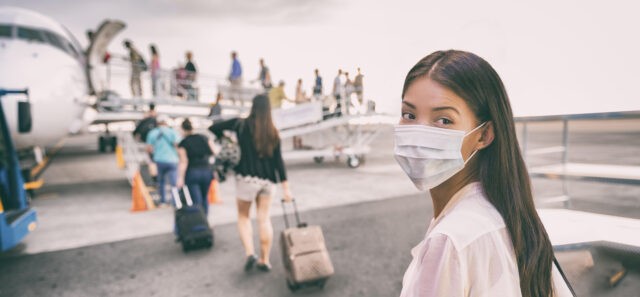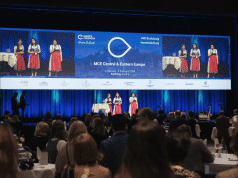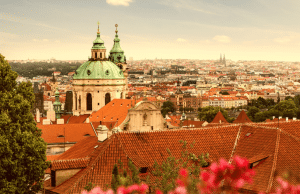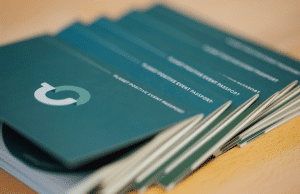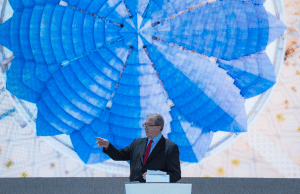The travel industry was one of the first to be hit by Covid-19. Within the span of a few weeks, airlines and hotels went from planning growth in 2020 to coping with a collapse in sales and a flood of cancelations. Travel went from being an incentive to a life-threatening risk, and once-popular destinations such as New York and Milan became known not for tourist numbers but for infection and death rates. Even as countries around the world struggle to cope with the pandemic, discussion is turning to “what next?”, when and how will normal life resume, and what will the new normal look like. For no sector of business is this a more challenging – nor a more critical – question than the travel incentive industry.
The first thing to accept is that these are shocking, awful times for hundreds of millions of people. Quite apart from those who have died from Covid-19, countless other lives have been turned upside down by it. There is no question that this caught the world unprepared, and until there is a vaccine and a cure, it will continue to cast a shadow of safety, over lives, and over whole communities and economies.
I have seen how other disasters, such as the 9/11 terrorist attacks of 2001, the 2003 SARS crisis in Asia, and the great financial collapse of 2008 just brought things to a halt. But I have also recognised that the world is remarkably resilient and that once momentum builds, life gets going again quickly. Each of these has had lasting impacts on travel and incentives – think of security worldwide after 9/11, for example – but we and our clients learned quickly to adapt to the new values and the new, post-crisis realities.
Financial crises and terrorist attacks are different, though, and so too was SARS because of its limited duration and impact, so what is the reference point for planning post-Covid-19? Is there one?
The truth is that each of these events caused panic, huge uncertainty, and each was described – with some justification – as unprecedented. But we recovered. Remember that, even as you look at the awful news each day: we came back. People learned to adapt to new circumstances, businesses invested and grew, and the world continued to turn. That will be the case this time too, however hard to think that way when the news coming at us each day is so bleak.
A lot of what we took for granted – even simple things like going out to dinner, going for a walk – have been taken from us, and this is forcing us all to consider what really matters, what defines our lives and our happiness. As the peak of this virus passes, and some of things that have gone are restored, we will need to have a new understanding of what we mean by “incentive” as well.
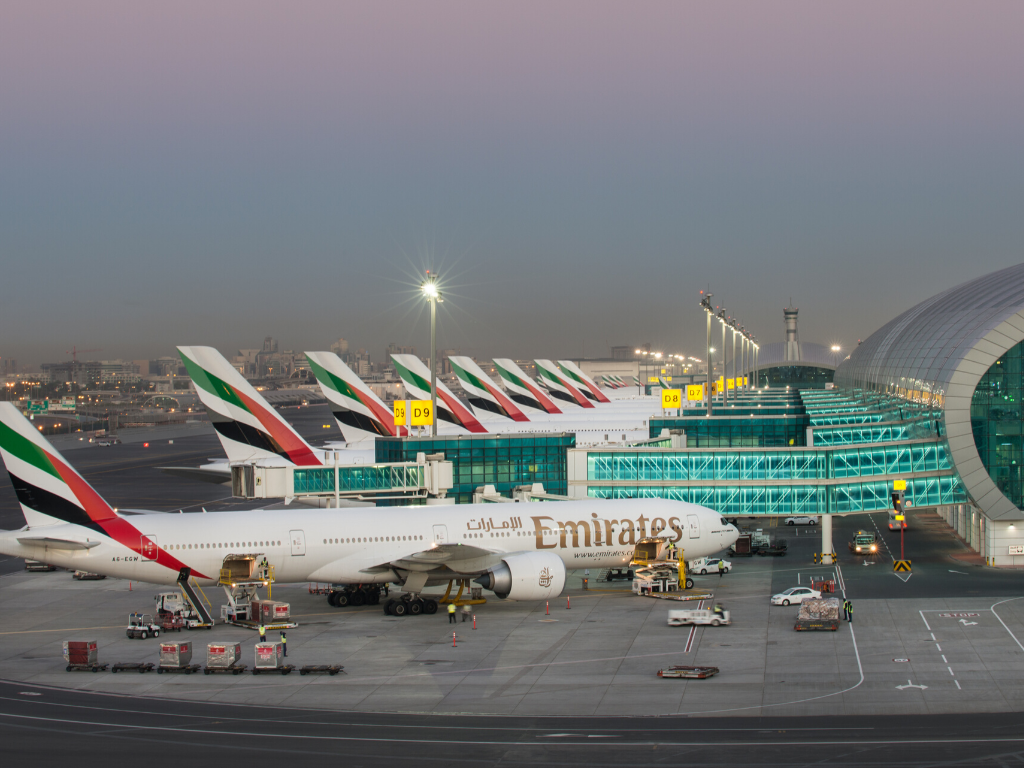
I suspect that will evolve over time, as different companies and industries start up again, and different possibilities emerge to reward and incentivize staff, clients, and other stakeholders. The one thing I am absolutely certain about is that we will see a return in demand for rewards and incentives. It will be up to those of us who work in the industry to understand how much things have changed and adapt our ideas to the new, evolving post-Covid world.
The word “appropriate” is going to be front and center for this industry
Just as we did after 9/11 and SARS and 2008, we will ensure we have in place the measures to make any incentive, especially travel, not just safe and rewarding, but appropriate. That word – “appropriate” – is going to be front and center for this industry. With so many communities and small businesses hit by Covid-19, it may be that we work with some of those communities or towns and their businesses so that incentive travel has a double impact, on those going and also on those who desperately need the business to start their lives again.
That may involve more local travel, to support local communities and put money in local pockets and show solidarity with customers or suppliers. That would not be a bad thing at all. Too often, we think travel has to be exotic and long-distance, but I have always marveled at how many people in Australia would just love to come to a Greek island, and how many Greeks who live on these islands have always wanted to go to Australia. Maybe that is one other positive lesson to come from all this: we have so much that is beautiful and inspirational all around us. We should learn to enjoy it and appreciate it more than we have in the past.
We will see more awareness of the need and opportunity for travel to have a different environmental impact
The sudden shut-down of travel and business has also has a profound effect on the natural environment, and I don’t think that is lost on people. I expect that we will see more awareness of the need and opportunity for travel to have a different environmental impact, maybe even a positive one, as the world opens up again. That, certainly, is on our minds, and I think many companies will welcome an approach that draws positive lessons from all this.
Even the word “incentive” will most certainly have a slightly new meaning, for some considerable time to come. So many businesses will want to find ways to thank customers and suppliers and other stakeholders who have stood by them, who did not demand refunds or even monthly payments.
Loyalty in business is everything
“So, one way of thinking about “incentive” may simply be “thank you for standing by us when we needed you”. That is a powerful and valuable message to send, Loyalty in business is everything. There are many ways to send that message, but it will need to be tailored to post-Covid-19 budgets, markets, and sensitivities.”
ABOUT DAMION BREUST

For more than 30 years, Damion Breust has created incentives and events in Australia, the Asia-Pacific region, Europe, Africa, South America and the United States. He has lived in Australia, Japan, Singapore, and Greece, and worked for extended periods in the US and UK. His work has taken across the globe hundreds of times over. He has led teams at such global organizations as Barclays Bank, ANA Hotel, The Park Lane Hotel, BI Worldwide, and Sabre (formerly Abacus). Though remains a chapter Co-President of SITE (Society of Incentive Travel Experts) ANZ. He has just left a CEO role in Australia overseeing global incentive and travel operations to relocate to Athens, Greece. He’s now in semi-lockdown on the Greek island of Kalymnos, where he was working when his travel plans were canceled, and where he has been planning for what he calls “the post-Covid New World.”.


